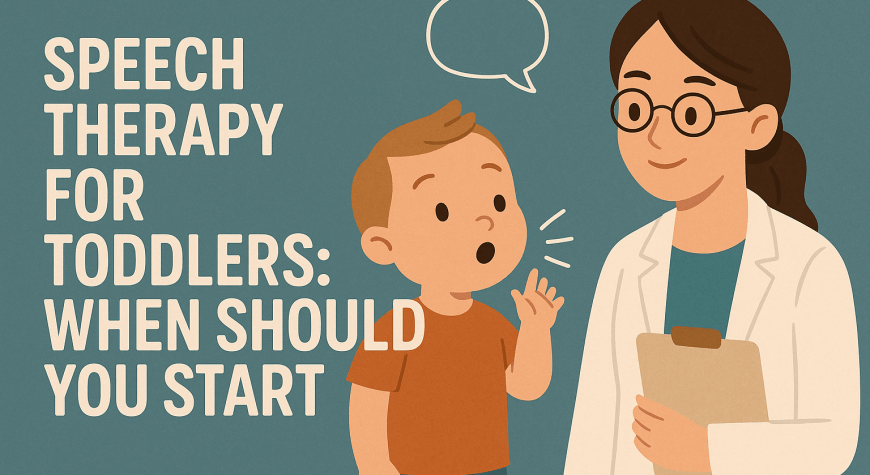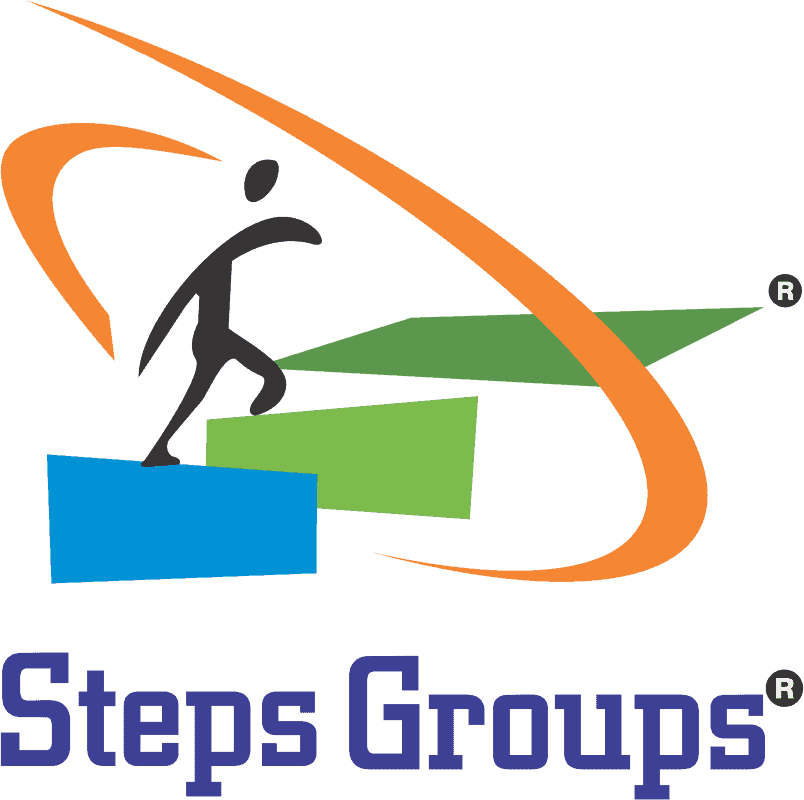Speech Therapy for Toddlers: When Should You Start?

Speech Therapy for Toddlers: When Should You Start?
Speech and language development is one of the most important aspects of your toddler’s growth. Understanding when to seek help can ensure your child gets the support they need at the right time. Here’s what every parent should know.
Speech Milestones Every Parent Should Know
Toddlers progress through a series of speech and language milestones that help track healthy development.
- By around 12 months, many children begin to say simple words and respond to familiar voices.
- By 18 months, they typically use a small set of recognizable words and understand basic instructions.
- At 2 years old, most toddlers start combining two words to express needs or observations.
- By age 3, they may be using short sentences and are generally understood by family members.
Red Flags That Signal a Delay
- No babbling, gestures, or simple words by 12 months
- Limited vocabulary by 18 months
- Not forming two-word phrases by age 2
- Difficulty being understood by caregivers by age 3
- Trouble following basic directions or answering simple questions
Why Early Intervention Matters?
The earlier a speech or language delay is identified, the better the outcome. Early intervention helps toddlers build essential communication skills before these difficulties begin to affect learning and social development. Waiting too long can lead to frustration, behavioral issues, and challenges in school later on.
What to Expect in Toddler Speech Therapy?
Speech therapy for toddlers is designed to be engaging and age-appropriate. Sessions often involve play-based activities that target specific language goals. Through guided play, singing, storytelling, and games, children learn new sounds, words, and ways to express themselves. Therapists also work closely with parents, offering strategies to reinforce communication skills during daily routines.
Supporting Your Toddler’s Communication at Home
Your involvement at home plays a major role in your child’s speech progress.
- Talk to your toddler throughout the day, describe what you’re doing, ask simple questions, and give them time to respond.
- Read together regularly, and encourage them to name objects or repeat simple phrases.
- Avoid pressuring them to speak perfectly, encouragement and patience go a long way.
If you feel your toddler may benefit from professional support, consider reaching out to a trusted provider. Steps Groups offers early speech therapy services tailored for toddlers, helping you build a strong foundation for your child’s communication journey.


